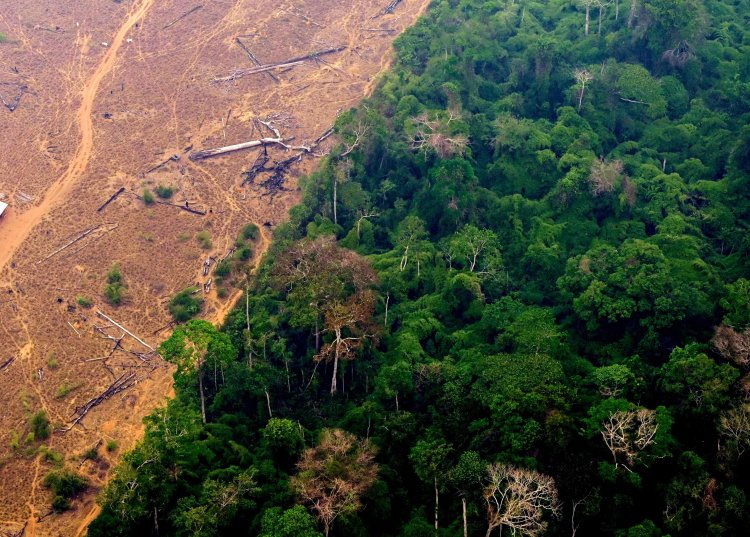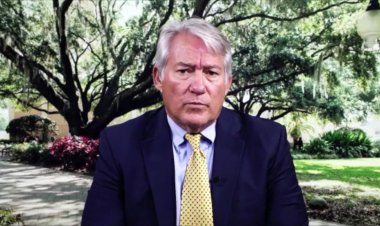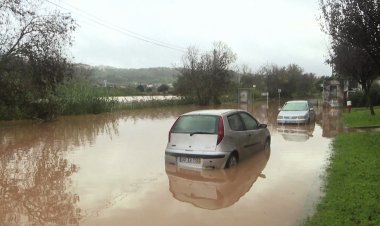Amazon Faces Ecosystem Collapse

The Amazon rainforest is facing a barrage of pressures that might tip it into large-scale ecosystem collapse as soon as 2050, according to new research warning of dire consequences for the region and the world.
The Amazon, which holds more than 10 percent of the world's biodiversity, helps stabilize the global climate by storing the equivalent of around two decades of emissions of planet-warming carbon dioxide.
But stress from deforestation, drought, fire and rising temperatures have eroded the ability of the Amazon's forests to withstand shocks, with scientists warning this could trigger a so-called "tipping point", pitching the crucial ecosystem into irreversible transition in the coming decades.
In the latest study, published in the journal Nature, an international group of scientists estimated that between 10 and 47 percent of the Amazon will be exposed to stress by 2050 that could lead to widespread ecosystem change.
That could cause the critical ecosystem to stop absorbing or even to release the carbon it stores, further driving global warming and intensifying its effects.
The researchers used information from computer models, observations and evidence of past changes going back thousands of years to map out the complexity of the forest systems and identify key causes of stress.
They then analyzed these stressors -- including global warming, annual rainfall, the length of the dry season and deforestation -- to see how these might act individually or together to cause feedback loops that could trigger a major collapse.
By 2050 the Amazon could be exposed to unprecedented levels of water stress, they said.
Previous research has suggested that global heating -- which has on average warmed Earth's surface around 1.2C above pre industrial levels -- could by itself push the Amazon into a far drier savannah-like state.















